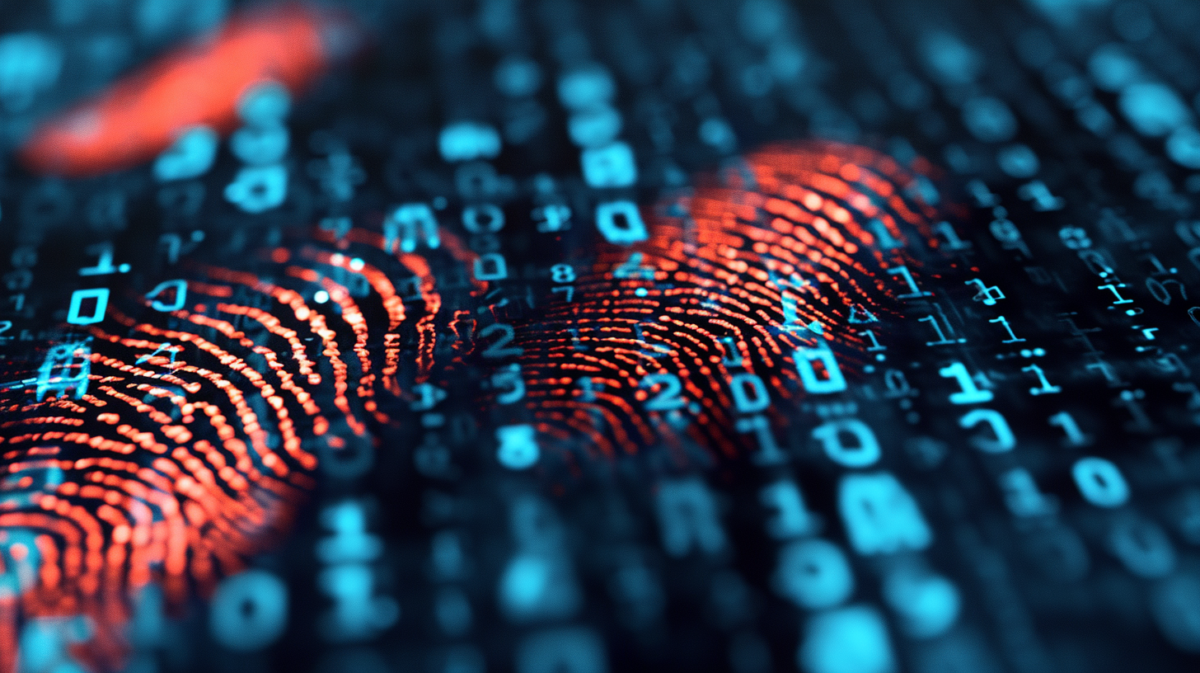Engineers at Columbia University in the City of New York have developed an AI system that challenges the long-held belief in forensics that fingerprints from different fingers of the same person are unique.
In traditional forensics, fingerprints are considered the gold standard for linking a criminal to a crime. However, when a criminal leaves prints from different fingers at different crime scenes, it becomes difficult to connect the scenes.
This is because forensic science has recognized that fingerprints from the same person are unique and cannot be matched, making investigations difficult - until now.
AI discovers new forensic marker
The Columbia research team used a public U.S. government database of 60,000 fingerprints and fed them into an AI-powered "deep contrastive network" in pairs.
Some pairs belonged to the same person but to different fingers, while others belonged to different people. Over time, the AI system got better at recognizing when seemingly unique fingerprints belonged to the same person and when they did not. Accuracy for a single finger pair reached 77 percent, which the researchers say could increase current forensic efficiency by more than tenfold.
The AI system did not rely on traditional "minutiae" (branches and endpoints of fingerprint ridges) for comparison. Instead, it focused on the angles and curvatures of the swirls and loops in the center of the fingerprint. These new forensic markers could help "prioritize leads in ambiguous situations" and improve the forensic accuracy of fingerprint comparisons.
The researchers acknowledge that there may be biases in the data and that larger data sets are needed to validate the technique in practice. They expect the AI system's performance to improve as it is trained on millions, rather than thousands, of fingerprints.
AI accelerates scientific progress
The research was led by Gabe Guo, an undergraduate engineer at Columbia University, and was published in the journal Science Advances after some "back and forth" and improvements to the system.
Hod Lipson, professor of innovation in the Department of Mechanical Engineering, noted that the research is an example of how "even a fairly simple AI" can provide insights that have eluded experts for decades.
Even more exciting is the fact that an undergraduate student, with no background in forensics whatsoever, can use AI to successfully challenge a widely held belief of an entire field. We are about to experience an explosion of AI-led scientific discovery by non-experts, and the expert community, including academia, needs to get ready.
Hod Lipson
